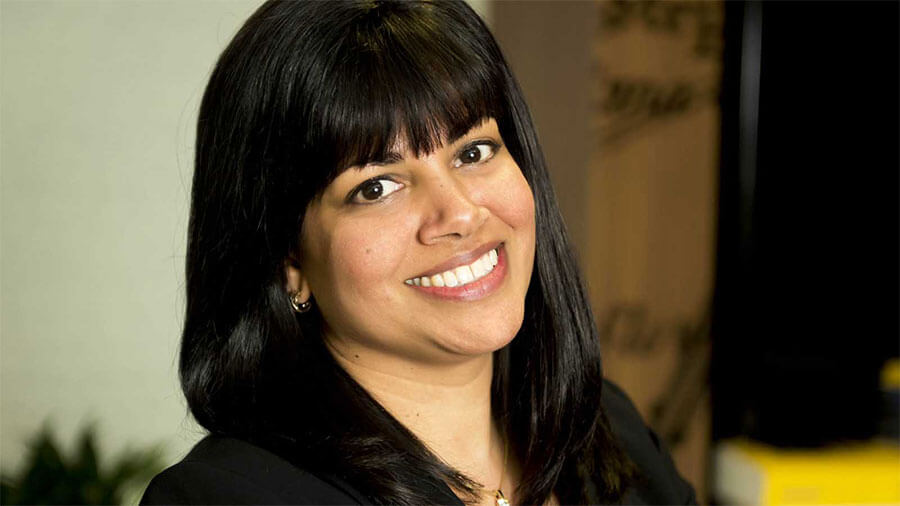NHS workers fighting COVID-19 on the front line, together with the elderly and vulnerable, have created a huge demand for Will writing over recent weeks.
According to the professional body for solicitors, the Law Society, many firms have reported a 30% increase. There has also been a rise in the number of people looking to set up lasting powers of attorney (LPA), to allow others to act on their behalf in managing their financial, property and other affairs if necessary.
High demand however is not the only issue as lockdown and self-isolation create new challenges in getting Wills drafted and signed while still complying with legal requirements. Despite the urgency felt by some, it’s still very important to ‘get it right’ when dealing with vital documents involving assets, including demonstrating that the person making the Will or LPA has the ability to make such decisions if they are elderly or unwell. It is likely to be difficult to get a doctor to verify ’capacity’ with the current pressure on the NHS, which may be needed if the Will or LPA is later to stand up in court.
The best way would be to sit down with the person face to face to get a sense of how they articulate their choices and to be sure the outcomes are what they really want, whether deciding who will inherit through their Will, or appointing attorneys to manage their affairs.
In today’s climate, such discussions are more likely to be by telephone, email or possibly video conferencing, particularly where someone is ill, and if an independent professional is involved, there is a greater chance that wishes will later stand. They will be able to check if anything being done could leave the estate open to claims, for example, by excluding anyone, and will advise on the appointment of attorneys, to be sure they are fit for the task and understand their responsibilities and how they will be held accountable.
A professional can also help to ensure that the Will or LPA is legally binding, as the actual signing and witnessing of a Will remains an exception to the recent shift towards accepting electronic signatures on contracts and many deeds in England and Wales.
While live video witnessing in such situations is under discussion, the current rule is that anyone making a Will must sign in the presence of two witnesses, who must in turn sign in the presence of the person making the Will. Physical presence is essential but is a real challenge given the present regulations requiring social distancing, particularly as anyone who is a beneficiary will lose their gift under a Will if they witness it.
Even witnessing from the next room or through a window might be challenged as not being formally in the presence of the person making the Will, although in a case that went to court almost 250 years ago it was agreed to be sufficient to have two witnesses who are in line of sight even though they were not in the same room. (Casson v Dade 1781)
It is very difficult to avoid all contact. Many lawyers are going through documents and then overseeing the signing through a window, but some advice suggests that the virus could survive on paper for up to 12 hours so that it could be transferred from person to person just by handling the draft Will. It’s important to use sanitiser, gloves and separate pens to protect someone who is likely to be vulnerable, or where someone is already infected.
Please contact the team at Debenhams Ottaway if you have any questions about writing or reviewing your Will or LPA.
The contents of this article are intended for general information purposes only and shall not be deemed to be, or constitute legal advice. We cannot accept responsibility for any loss as a result of acts or omissions taken in respect of this article.

